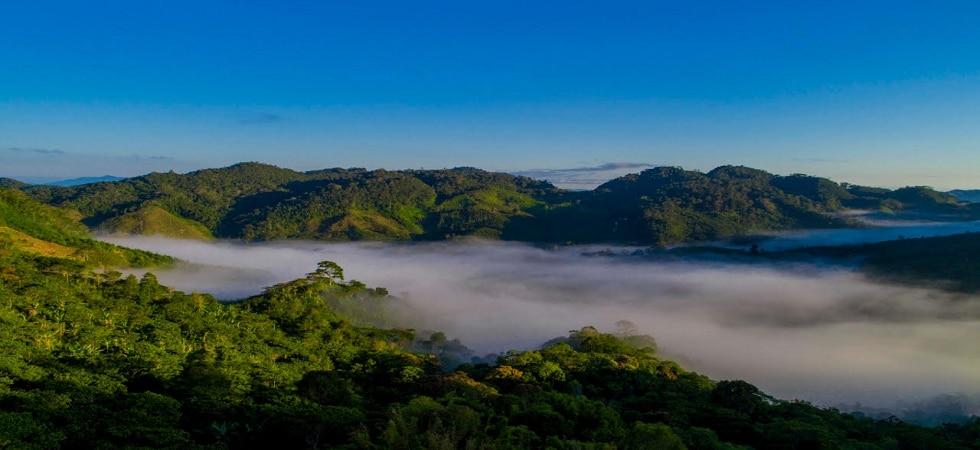Specialty Grade Coffee
Specialty coffee represents the very best of the world’s coffee yield or 3% of global production. There are many standards and designations that form the starting point in finding the best coffees.
Guatemalan coffee beans are considered to be some of the best in the world, over 90% of their coffee is Specialty Grade. Due to the number of volcanoes (37) Making the only county in the world with high altitude over 4500 Feet above sea levels and unique micro climates. Read more below video
Among the trade, coffee is divided into three categories: “high-grown mild,” “Brazilian,” and “Robusta.” High-grown mild coffees demand the highest price and are of superior quality. They grow at an altitude of over 2,000 feet and mostly between 4,000 and 6,000 feet. High-grown milds are picked by hand only when ripe and processed with care and attention to detail. It is only from these premium coffees that we select our beans for you.
“Brazilian,” as a trade term, refers to lower-grade coffees, and not necessarily to all coffees produced in Brazil. There are many wonderful quality coffees originating in Brazil, but as a trade term, “Brazilian,” represents lower quality coffees grown at lower altitudes on vast plantations and mass harvested.
The third category, “Robusta,” is not a specialty coffee but represents Coffea Canephora used by most institutional roasters.
Complementing the trade categories, the Specialty Coffee Association of America (SCAA) has created a common standard of quality for Coffea Arabica. Specialty Coffee is defined as Class 1, Specialty Grade by the SCAA and shows zero primary defects, up to 5 secondary defects, and zero quakers (unripened coffee beans) in a 350 gram sample. It should also register 80 points or above in cup evaluation in a 100 gram roasted sample.
| SCAA Classification | Full Defects Allowed | Primary Defects Allowed |
| Specialty Grade | 0-5 | No |
| Premium Grade | 0-8 | Yes |
| Exchange Grade | 9-23 | Yes |
| Below Standard Grade | 24-86 | Yes |
| Off Grade | Over 86 | Yes |
In addition, growing regions typically have their own systems to indicate quality or grades. For example, in Guatemala coffee grown above 4500 feet is designated “strictly hard bean” reflecting the higher density of the bean and the unique and prized qualities of coffee grown at higher altitudes.
